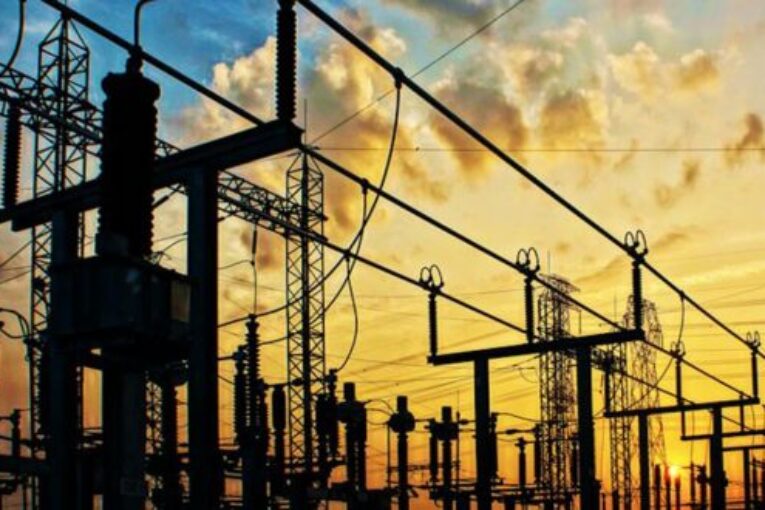
Relief is on the way for tertiary institutions and teaching hospitals reeling under huge electricity bills.
President Bola Ahmed Tinubu has approved a 50 per cent subsidy for electricity used by these institutions.
To benefit are Federal universities, polytechnics and colleges of education.
The various teaching hospitals will also enjoy the subsidy regime.
Minister of State for Health, Dr. Tunji Alausa, broke the news yesterday in Kaduna.
“President Bola Ahmed Tinubu has magnanimously approved 50 per cent electricity subsidy to all public hospitals and universities, polytechnic and colleges of education,” he said.
Dr. Alausa said the Ministry of Power is already working out the subsidy payment modalities.
Tertiary institutions have been complaining about astronomical electricity bill increases.
The rise in power costs followed subsidy reduction in the sector.
Some of them have been disconnected by the Distribution Companies (DisCos).
In some instances, students have protested against the attempt by the authorities to alternate electricity supply to reduce costs.
The University College Hospital (UCH), Ibadan disagreed with the Ibadan Electricity Distribution Company (IBEDC) over an accumulated N400 million bill.
Ahmadu Bello University (ABU) Zaria cried out over a monthly bill of N300 million which will make it indebted to the Kaduna Electricity Distribution Company (KADCO) to the tune of N3.6 billion annually.
Eko Electricity Distribution Company (EKEDC) disconnected the University of Lagos this week for owing over N1 billion. The varsity said it had paid N180 million.
The annual electricity budget for 10 varsities is estimated at N247.7 billion.
The 10 public institutions with the highest budgets for this year, according to a publication by the Electricity Hub, are University of Nigeria Nsukka (N36.6 billion), University of Calabar (N29.5 billion), ABU (N29.2 billion), Nnamdi Azikiwe University Awka (N26.3 billion), University of Benin (N24.2 billion), University of Ibadan (N23.4 billion), University of Maiduguri (N22.3 billion), University of Port Harcourt (N19.6 billion), University of Lagos (N19.4 billion) and Obafemi Awolowo University (N17.1 billion).
However, analysts are asking many questions, such as: “Why can’t the experts and professors in relevant disciplines in the universities develop alternative power supply?
“Instead of relying on power supply by the DisCos, why can’t the experts develop other sources of power generation, such solar, wind and hydro, among others?
“What has happened to the initiative for power supply to some of the leading universities during the Muhammadu Buhari Administration as launched at different times by then Minister for Power Mr. Babatunde Fashola?
“How relevant is the research in the universities to the society at large if the institutions cannot generate power?”




